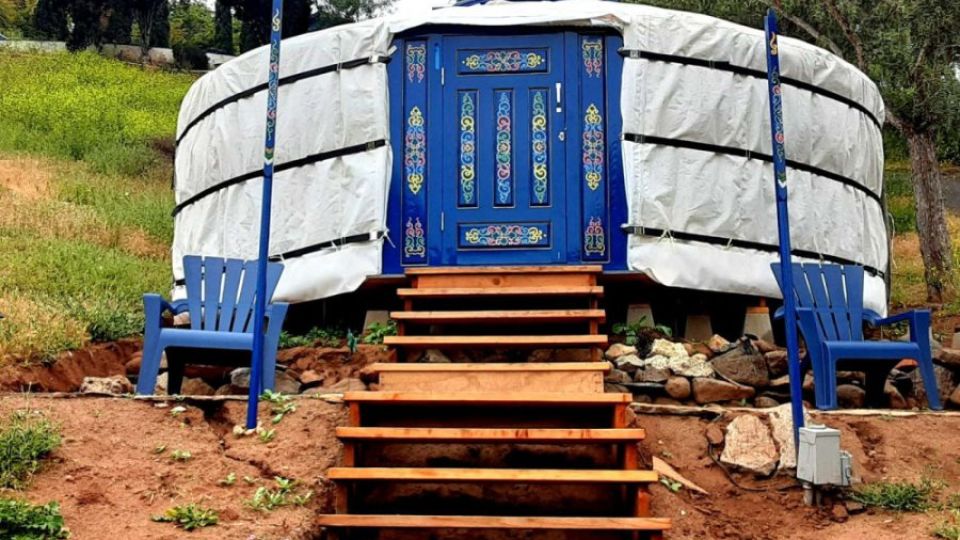April 1, 2024
ULAANBAATAR – Last week, Mongolia celebrated the 90th anniversary of the start of the modern light industry in the country. The President U.Khurelsukh awarded multiple people in working in the light industry with honors and medals.
The light industry sector encompasses a range of industries such as cashmere production, textile, carpet and shoe making, and woodworking.
Presently, the light industry is the largest non-mining industry in terms of export volume. Mongolian cashmere clothes are being exported to several dozen countries. However, Mongolia uses only about 20% of its cashmere resources to make final products in Mongolia, and the rest is exported to China as a raw material with only basic processing. The main challenge in the cashmere industry is to increase the share of high-value-added final products.
Mongolia has over 50 million sheep, but most of the sheep wool resources are wasted as there is not enough processing capacity. The President pledged to spearhead the “White Gold” movement, which will be aimed at increasing the utilization of sheep wool and other resources from Mongolia’s livestock population of over 70 million.
It was noted that applaudable progress in the light industry sector was realized in an area not many people expected – the export of Mongolian gers. The traditional nomadic dwellings, known as yurts outside of Mongolia, are being exported to over 30 countries. Gers appear to be gaining popularity among foreign consumers thanks to their unique circular shape, portability, and affordability. An Ulaanbaatar-based yurt maker, Ashid Ger LLC has exported yurts to over ten countries in the last five years. Their marketing channel is also novel for yurt makers in Mongolia; they offer their yurts for sale directly through their website, and they directly communicate with their customers, who are mostly in the USA and Australia, without any intermediaries. Multiple other companies export yurts to Western Europe and North and South America. According to some statistics, Mongolian gers are being used in over 50 countries.


